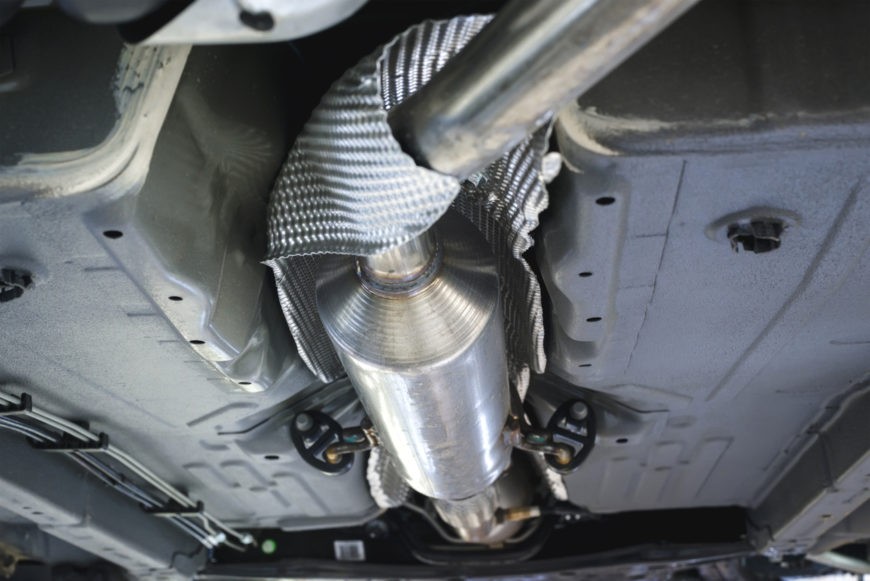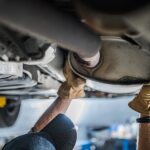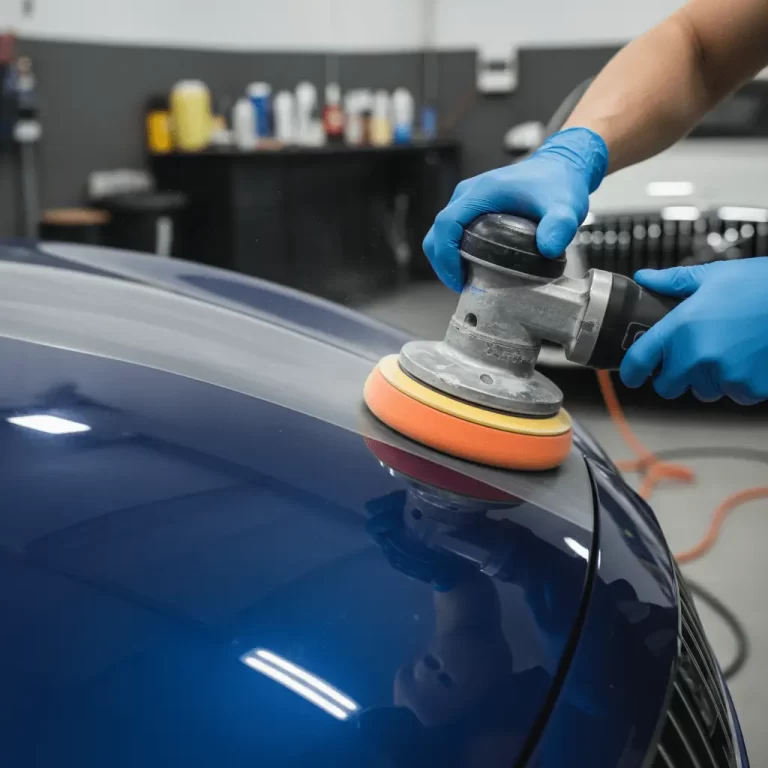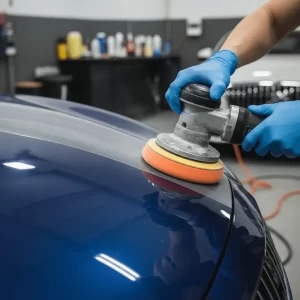Engine knock, also known as detonation, occurs when the air-fuel mixture in the engine’s cylinders ignites prematurely, causing a knocking or pinging noise. This abnormal combustion disrupts the engine’s performance and can result in significant damage if left unchecked. Detonation can be caused by factors such as low-quality fuel, incorrect ignition timing, or engine overheating. The knocking sound itself is a result of the pressure waves created by uneven combustion, which leads to increased engine stress.
How Engine Knock Affects the Catalytic Converter
Engine knock not only impacts the engine but also puts strain on the vehicle’s catalytic converter. The excessive heat generated by detonation can lead to the overheating of the converter. When the converter becomes too hot, its internal components, including the ceramic substrate and precious metals (such as platinum, palladium, and rhodium), can break down. This degradation reduces the converter’s ability to effectively convert harmful gases into less harmful substances. As a result, the catalytic converter can become less efficient or even fail entirely, leading to increased emissions and potential engine issues. This is where choosing the Auto Repair in New Orleans, LA based services is essential here.
The Reverse Effect: Catalytic Converter Failure Can Cause Engine Knock
On the flip side, a failing catalytic converter can also contribute to engine knock. When the converter becomes clogged or damaged, it can create a blockage in the exhaust system. This blockage increases the backpressure in the engine, which disrupts the normal flow of exhaust gases. In turn, this can lead to poor combustion, misfires, and engine knock. The increased pressure and heat within the engine can further exacerbate detonation, creating a vicious cycle between engine knock and catalytic converter problems. In this case, the symptoms of one issue feed into the other, making both more difficult to resolve.
The Impact of Unresolved Issues
If engine knock is left unchecked, it can lead to serious long-term damage to both the engine and the catalytic converter. Persistent detonation can cause piston damage, worn-out bearings, and valve issues. Likewise, continued strain on the catalytic converter can cause it to overheat, crack, or become clogged. When these issues aren’t addressed promptly, they can result in costly repairs and reduced vehicle performance. It’s essential to address engine knock as soon as it is detected to avoid further complications down the road.
Preventive Measures for Both Issues
To prevent engine knock and protect the catalytic converter, regular vehicle maintenance is key. Ensure that you use high-quality fuel, follow the manufacturer’s recommendations for spark plug and ignition system maintenance, and keep an eye on engine temperature. If you suspect catalytic converter issues, such as reduced fuel efficiency, strange smells, or a decrease in power, have it inspected immediately. Addressing engine knock early on can save both your engine and catalytic converter from significant damage, ensuring that your vehicle remains running smoothly and efficiently for years to come.











